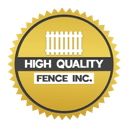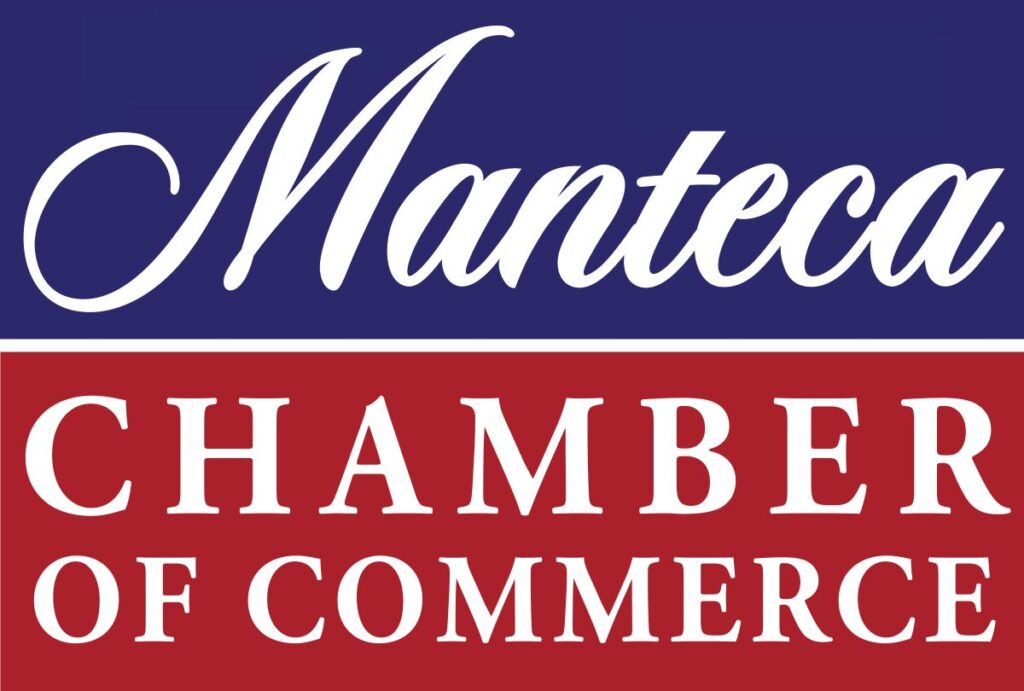When it comes to enhancing the privacy, security, or aesthetic appeal of your property, one of the most reliable and effective solutions is fence installation. Whether you’re looking to define boundaries, add value to your home, or simply ensure safety, a well-installed fence can meet all these needs.
Installing a fence involves more than setting posts it requires selecting the right materials and ensuring compliance with local regulations. In this guide, we’ll explain why professional services matter and how the process works. Choosing High Quality Fence ensures expert advice and reliable craftsmanship, guaranteeing lasting results.
Why Professional Fence Installation Matters
While DIY fence setup might seem like an appealing cost-saving option, hiring professionals for fence construction offers several key benefits. Professional contractors bring expertise, tools, and experience to the table, ensuring the job is done right the first time. Here’s why it’s worth considering professional fencing services:
- Expertise installers understand the nuances of different materials and designs, ensuring a result that meets your needs and adheres to industry standards.
- Proper Tools and Equipment building a fence requires specialized tools for digging, measuring, and securing posts. A professional crew comes equipped with these tools, ensuring efficiency and precision.
- Code Compliance local zoning laws and regulations often govern fence height, material, and placement. Professionals are familiar with these rules, ensuring that your boundary structure is compliant and avoids costly penalties.
- Time and Effort a fencing project can be time-consuming and labor-intensive. Hiring professionals allows you to focus on other important tasks while they take care of the hard work.
- Long-Term Durability a professional setup ensures your boundary is stable, secure, and long-lasting, minimizing the chances of repairs down the line.
Types of Fences to Consider
When considering a fence project, it’s essential to evaluate the different types of fences available and choose one that best fits your needs. Factors like climate, purpose, aesthetic preferences, and budget will influence your decision. Here are some popular types of fencing options:
- Wood Fences known for their natural beauty and versatility, and wood fences are a classic choice. They come in a variety of styles such as picket, privacy, and split rail, making them ideal for both decorative and functional purposes. Additionally, wood fences can be stained or painted to match your home’s exterior.
Advantages: Aesthetic appeal, customizability, and privacy.
Disadvantages: Requires maintenance, susceptible to weather damage. - Vinyl Fences vinyl fences are low-maintenance and long-lasting, making them a great alternative to wood. They’re resistant to rot, fading, and pests, and are available in a range of styles.
Advantages: Durability, low maintenance, and a clean appearance.
Disadvantages: The initial cost is higher than wood. - Chain-Link Fences these fences are highly durable and effective for marking boundaries or securing pets. While they may not provide the level of privacy as wood or vinyl fences, they are often the most budget-friendly option.
Advantages: Cost-effective, low maintenance, and functional.
Disadvantages: Lack of privacy and aesthetic appeal.
- Aluminum and Iron Fences if you’re looking for an elegant, sturdy fence that combines security with style, aluminum or wrought iron might be the right choice. These fences are ideal for ornamental purposes or for properties requiring high security.
- Advantages: Strength, visual appeal, and security.
- Disadvantages: Higher initial cost and potential for rusting without maintenance.
- Composite Fences a modern option made from a mix of wood fibers and plastic, composite fences offer the best of both worlds. They are designed to look like wood but require much less maintenance, making them an excellent choice for long-term use.
Advantages: Low maintenance, eco-friendly, and durability.
Disadvantages: Can be more expensive than wood.
Each of these fence types offers unique advantages and disadvantages depending on your specific needs and preferences. Working with a professional installer can help guide your decision by recommending the best material for your property’s requirements.
The Fence Construction Process
Once you’ve chosen the perfect fence for your property, it’s time to think about the construction process. Here’s a breakdown of what to expect during a professional fence construction:
- Initial Consultation the first step is meeting with a professional contractor who will assess your property and discuss your preferences. They’ll help you choose the right material and design for your fence, taking into account factors like functionality, aesthetic appeal, and budget.
- Design and Layout once permits are secured, the contractor will create a detailed layout of where the fence will be placed. This involves marking the area, measuring for accuracy, and planning for gate locations.
- Post Installation installing the posts is a critical part of the process. The posts need to be placed deep enough into the ground to provide stability, and they must be spaced correctly for the fence panels or boards to be installed properly. Professional installers use post-hole diggers and other equipment to ensure that posts are set correctly.
- Panel or Board Installation after the posts are set, the next step is attaching the panels or individual boards. Depending on the material you’ve chosen, this could involve screwing in boards, fitting panels into slots, or attaching rails. Skilled professionals ensure everything is level, secure, and visually aligned.
- Obtaining Permits depending on where you live, you may need to secure permits before beginning fence construction. A professional installer will be familiar with local regulations and will handle this process for you.
- Final Inspection after the construction is complete, the contractor will conduct a final inspection to ensure the fence is secure, level, and meets your expectations.Any necessary adjustments will be made before you’re invited to inspect the finished product.
How to Choose the Right Fence Installer
Selecting the right contractor for your fencing project is just as crucial as choosing the best material for your needs. A skilled professional will ensure that the process runs smoothly, offering both expert craftsmanship and guidance throughout. To make the right choice, consider these key factors:
- Experience and Reputation opt for companies with a proven track record in the fencing industry. Contractors with extensive experience are better equipped to handle challenges that arise, ensuring your project stays on track.
- Portfolio a trustworthy contractor will provide you with a portfolio of past projects, allowing you to evaluate the quality of their work and the range of services offered. This gives you a clear idea of their skill set and reliability.
- Licensing and Insurance always check that the contractor holds proper licenses and insurance. This protects you in case of accidents, damage, or any unforeseen issues that might arise during the work.
- Written Estimates a reputable contractor will provide a detailed written estimate, clearly outlining the scope of work, materials, and costs involved. Having everything documented ensures transparency and prevents unexpected costs from arising.
- Customer Reviews reading customer testimonials is a great way to gauge the reputation of a contractor. Positive feedback from previous clients indicates that the service provider is trustworthy, reliable, and delivers on their promises.
By following these steps and ensuring a professional, transparent approach, you can confidently select the right contractor to handle your fencing project, helping you achieve lasting results.
Maintenance Tips for Long-Lasting Fences
After your fence is installed, regular maintenance will ensure its longevity and preserve its appearance. Here are some maintenance tips based on the type of fence you’ve installed:
- Wood Fences: Wood fences require periodic staining or sealing to protect them from the elements. Inspect the fence regularly for signs of rot or damage, especially at the base of the posts.
- Vinyl Fences: Vinyl fences are low-maintenance, but it’s still a good idea to clean them occasionally with soap and water to remove dirt and debris.
- Chain-Link Fences: Chain-link fences require minimal maintenance but should be inspected for rust or corrosion. If rust develops, it can be removed with a wire brush or replaced with new sections if necessary.
- Iron Fences: Wrought iron fences need regular attention to prevent rust. Keep the surface clean, and apply a fresh coat of paint every few years to maintain the fence’s appearance.
- Composite Fences: Composite fences are designed to be durable and low-maintenance. However, cleaning them with a hose or pressure washer will help keep them looking new.
Conclusion
A fence is an investment in the security, privacy, and curb appeal of your property. With the right materials, expert installation, and proper maintenance, it can provide years of reliable service. Whether you prefer a traditional wood design or a modern vinyl option, there is a solution to suit every property’s needs.
By choosing High Quality Fence for your fence installation, you ensure your fence is installed correctly, built to last, and enhances your property’s appearance. Their skilled team delivers professional, efficient service that guarantees lasting results.


